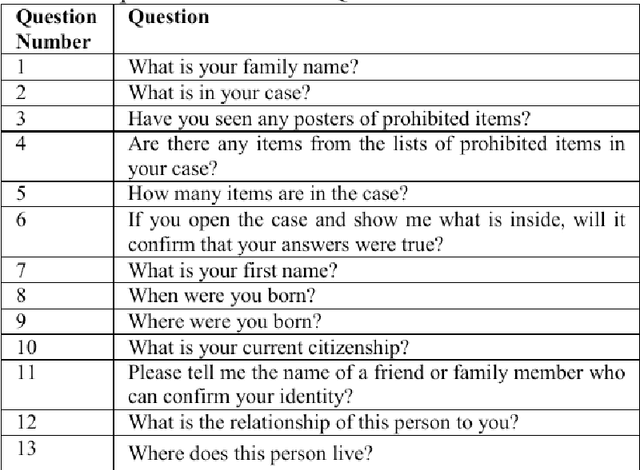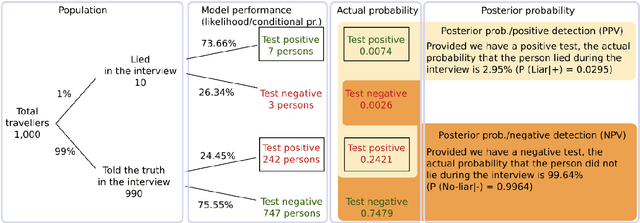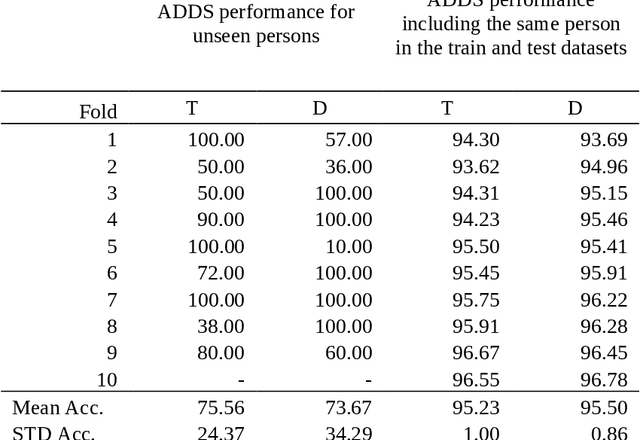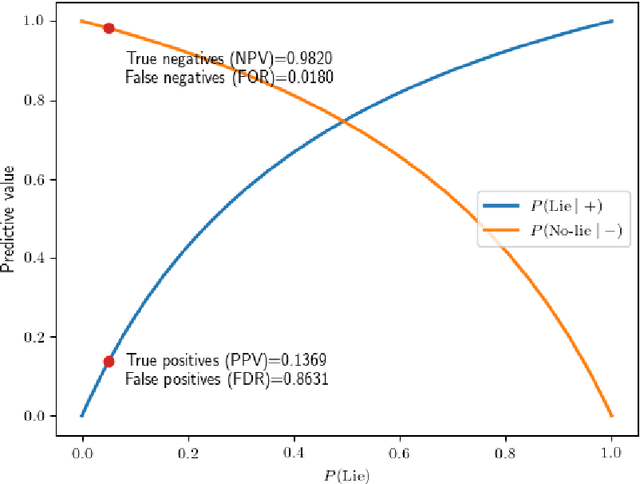Javier Sánchez-Monedero
How fair can we go in machine learning? Assessing the boundaries of fairness in decision trees
Jun 22, 2020



Abstract:Fair machine learning works have been focusing on the development of equitable algorithms that address discrimination of certain groups. Yet, many of these fairness-aware approaches aim to obtain a unique solution to the problem, which leads to a poor understanding of the statistical limits of bias mitigation interventions. We present the first methodology that allows to explore those limits within a multi-objective framework that seeks to optimize any measure of accuracy and fairness and provides a Pareto front with the best feasible solutions. In this work, we focus our study on decision tree classifiers since they are widely accepted in machine learning, are easy to interpret and can deal with non-numerical information naturally. We conclude experimentally that our method can optimize decision tree models by being fairer with a small cost of the classification error. We believe that our contribution will help stakeholders of sociotechnical systems to assess how far they can go being fair and accurate, thus serving in the support of enhanced decision making where machine learning is used.
The politics of deceptive borders: 'biomarkers of deceit' and the case of iBorderCtrl
Jan 10, 2020



Abstract:This paper critically examines a recently developed proposal for a border control system called iBorderCtrl, designed to detect deception based on facial recognition technology and the measurement of micro-expressions, termed 'biomarkers of deceit'. Funded under the European Commission's Horizon 2020 programme, we situate our analysis in the wider political economy of 'emotional AI' and the history of deception detection technologies. We then move on to interrogate the design of iBorderCtrl using publicly available documents and assess the assumptions and scientific validation underpinning the project design. Finally, drawing on a Bayesian analysis we outline statistical fallacies in the foundational premise of mass screening and argue that it is very unlikely that the model that iBorderCtrl provides for deception detection would work in practice. By interrogating actual systems in this way, we argue that we can begin to question the very premise of the development of data-driven systems, and emotional AI and deception detection in particular, pushing back on the assumption that these systems are fulfilling the tasks they claim to be attending to and instead ask what function such projects carry out in the creation of subjects and management of populations. This function is not merely technical but, rather, we argue, distinctly political and forms part of a mode of governance increasingly shaping life opportunities and fundamental rights.
 Add to Chrome
Add to Chrome Add to Firefox
Add to Firefox Add to Edge
Add to Edge